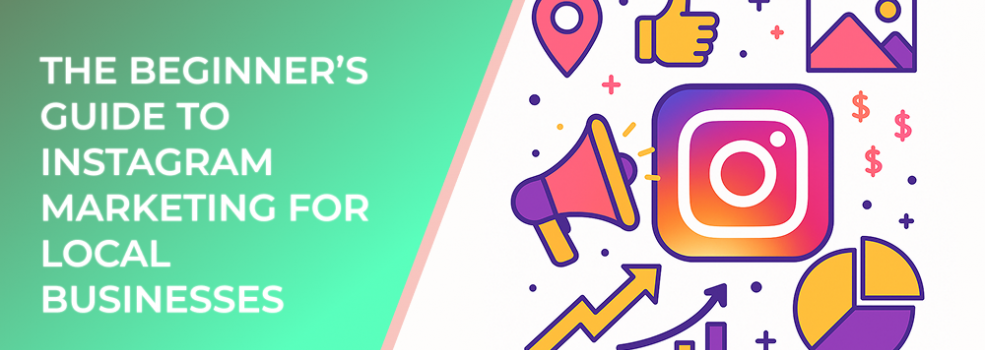Instagram is no longer just a platform for sharing photos. With over 2 billion monthly active users worldwide, it has become a powerful marketing channel. More importantly, 70% of users search for local businesses on Instagram before visiting them. For small businesses, this means having a strong Instagram presence directly influences foot traffic and sales.
Local targeting features, interactive content, and shopping integrations make Instagram ideal for small businesses looking to compete with larger brands without massive budgets.
Step 1: Optimize Your Profile
Your Instagram profile is the new business card. Make sure it communicates who you are and what you offer:
-
Profile picture: Use your logo or storefront.
-
Bio: Write a short description highlighting your unique value.
-
Location: Add your business address and enable map directions.
-
Call-to-Action: Use action buttons like “Call,” “Message,” or “Book Now.”
Step 2: Use Local Hashtags and Geotags
Adding a location tag can increase engagement by up to 79% compared to posts without one. Combine this with local hashtags (e.g., #NYCcoffee, #ChicagoSalon) to appear in searches from nearby potential customers. This strategy helps your business stay visible to people in your city.
Step 3: Post Engaging Content
Content is the core of Instagram marketing. Local businesses should focus on:
-
Behind-the-scenes posts – Show the personality of your business.
-
Customer spotlights – Repost photos from happy customers.
-
Promotions and events – Highlight special offers and community involvement.
-
Stories and Reels – Short, creative videos get higher reach and engagement.
Step 4: Run Targeted Local Ads
Instagram ads allow you to target specific zip codes, cities, or even a radius around your location. According to Meta data, ads with location targeting can deliver 3x better results for local businesses compared to broad targeting. Start small with a budget of $5–$10 per day and scale as you see results.
Step 5: Engage With Your Community
Building strong relationships is just as important as posting. Reply to comments, answer messages quickly, and interact with followers’ content. Businesses that respond to DMs within an hour are 60% more likely to convert inquiries into sales.
Step 6: Track Performance
Use Instagram Insights to track what works best. Key metrics include:
-
Reach and impressions
-
Engagement rate (likes, comments, shares)
-
Clicks to your website or map directions
Review these metrics monthly to refine your content and ad strategy.
Final Thoughts
Instagram marketing doesn’t require a huge budget to be effective. For local businesses, it’s about being consistent, staying visible in the community, and creating authentic interactions with potential customers. By following these steps, you can turn Instagram into a powerful driver of both online and in-store sales.

